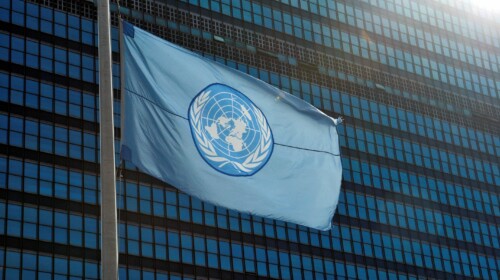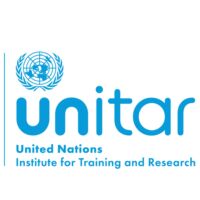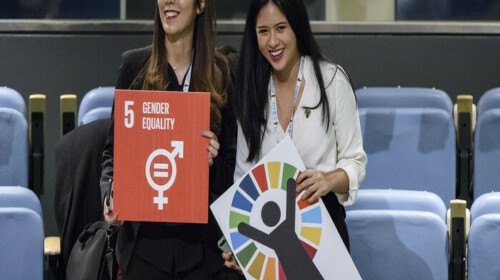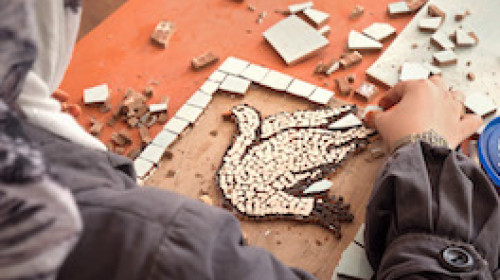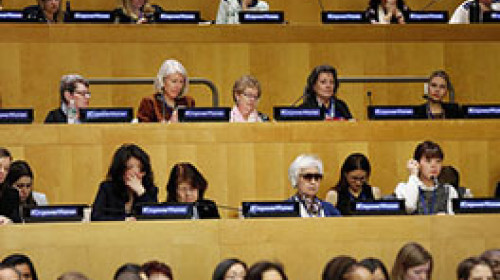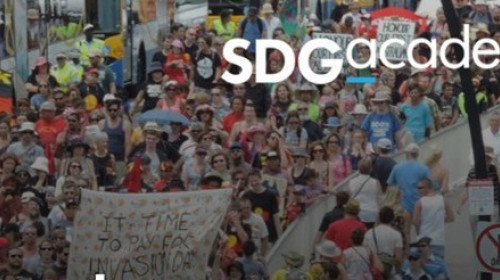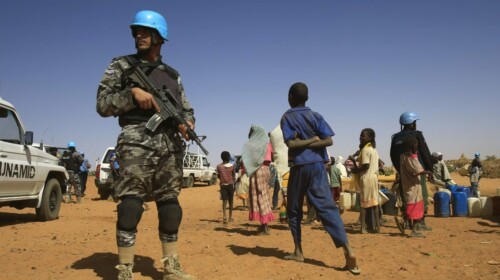The United Nations and its related bodies, agencies and programmes convene thousands of formal and informal, official and unofficial, meetings and conferences each year. Representatives of governments and from other bodies such as international and non- governmental organizations must be able to professionally operate in a multilateral environment, whether for a work-related social or conference event setting. Understanding and studying the informal and formal rules of this community enables the diplomat and professional to more effectively do his or her job. In this context, diplomatic protocol remains a basic necessity of a diplomatic representative or professional.
UNITAR has developed the e-learning course United Nations Protocol to increase awareness and understanding of the mechanics and practice of diplomatic relations at United Nations Headquarters and regional offices, by extension facilitating peaceful relations among Member States.
Target Audience
The course targets mid to senior-level government officers in ministries preparing for and/or taking part in conferences in relation to climate change as well as staff of intergovernmental / nongovernmental organizations. It also targets entry-level and mid-career diplomats working in a multilateral setting. Private sector specialists and students whose work or studies are related to this subject are also encouraged to apply.
Learning Objectives
- Identify recognized and accepted practices in international protocol, define UN guidelines on diplomatic courtesy and order of precedence of United Nations senior officials;
- Organize the visits of the Secretary-General and other United Nations dignitaries and participate in social occasions based on established diplomatic norms;
- List specificities of protocol and etiquette at UN headquarters and in offices in the field;
- React to commonly experienced protocol-related situations.

